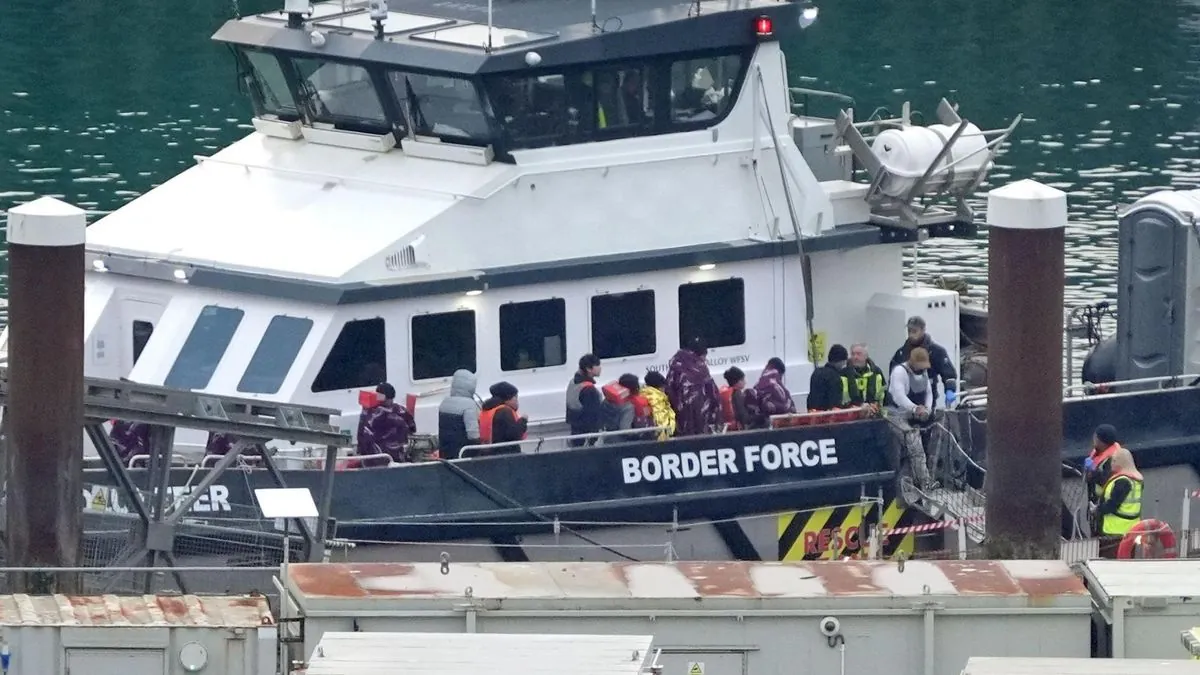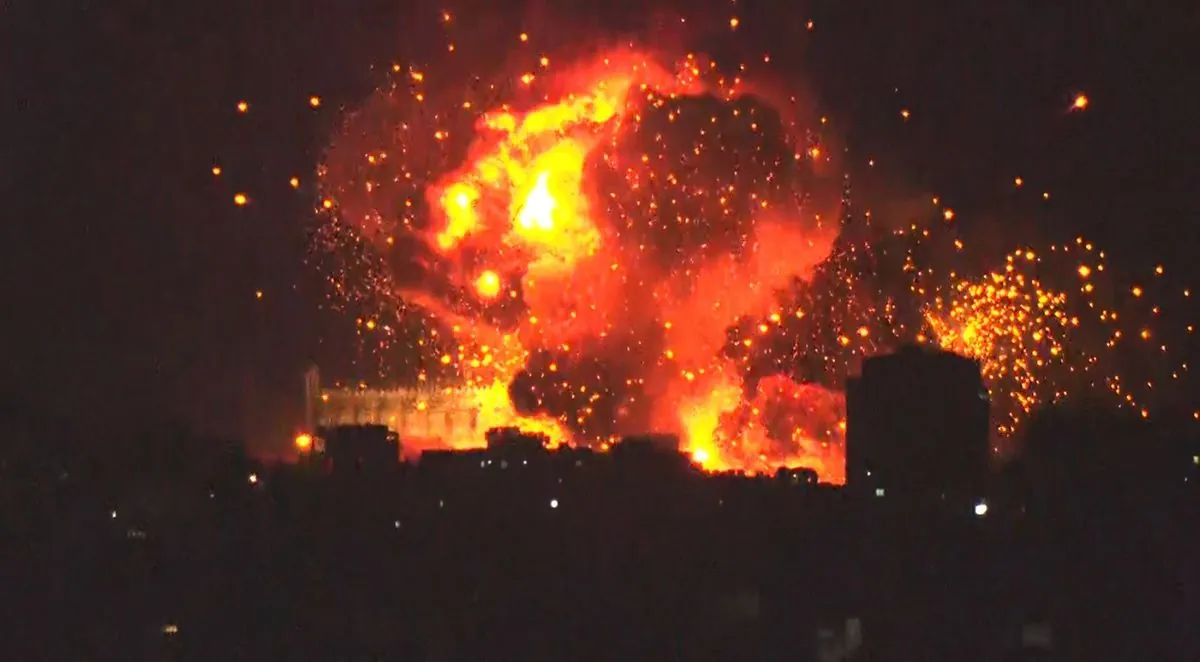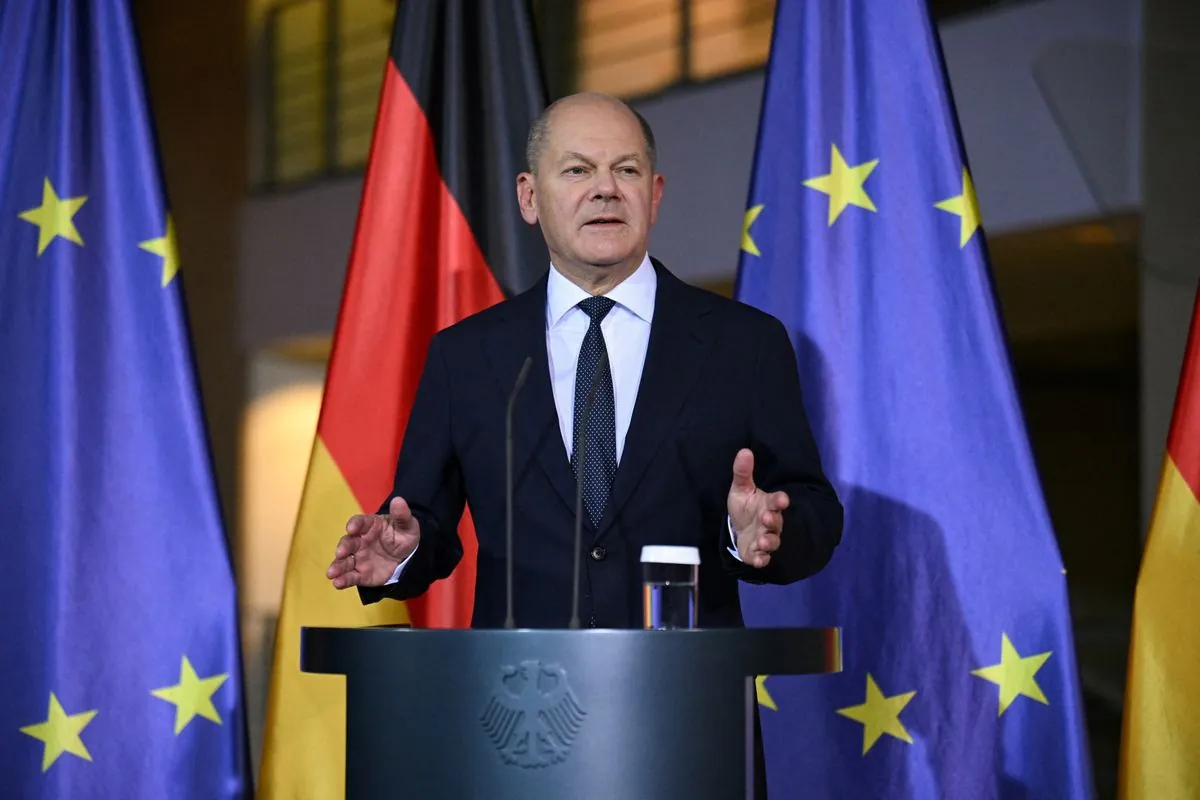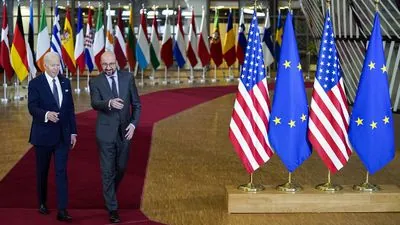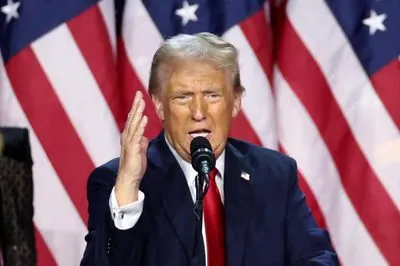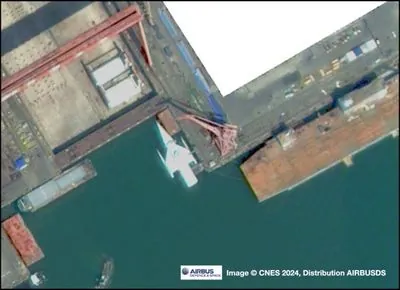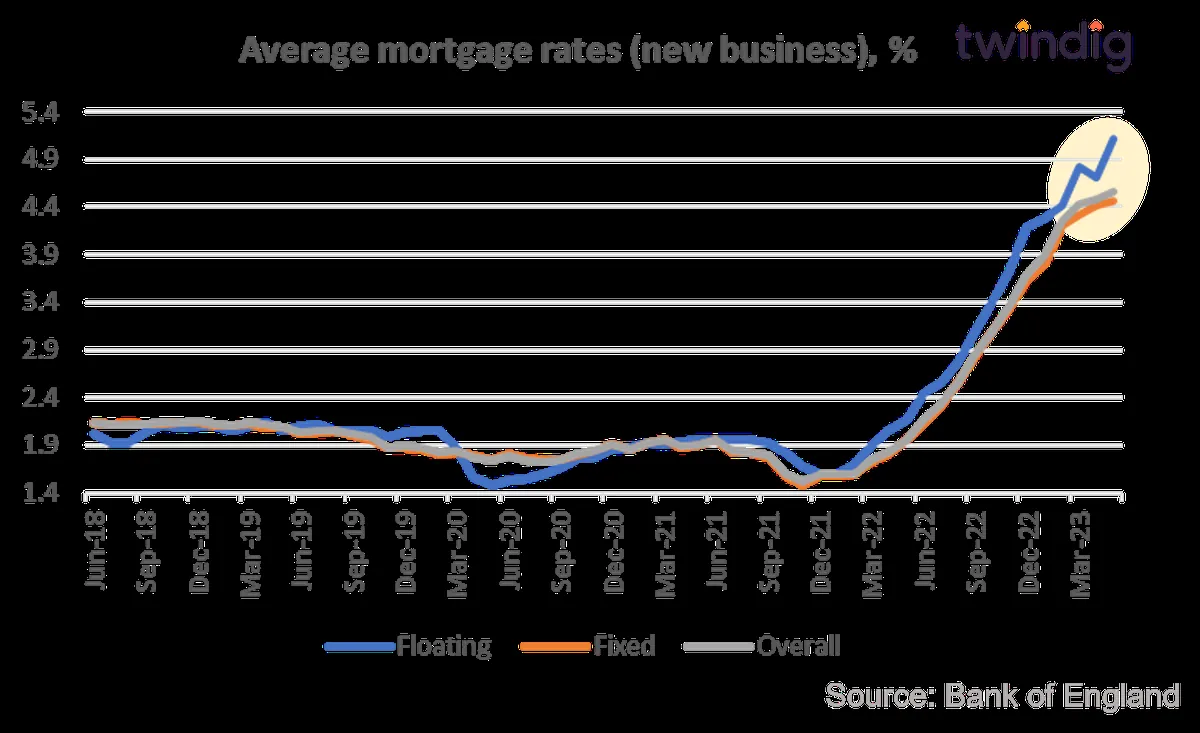United States National Security Council
The United States National Security Council (NSC) is the principal forum used by the president of the United States for consideration of national security, military, and foreign policy matters. Based in the White House, it is part of the Executive Office of the President of the United States, and composed of senior national security advisors and Cabinet officials.
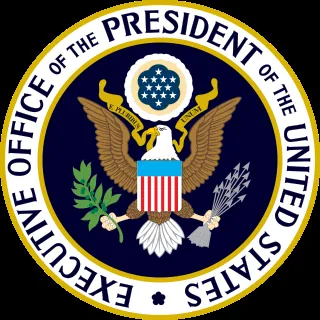
Some of the key events about United States National Security Council
- 1947Established to coordinate national security policy across government agencies
- 1961Advised on successful resolution of the Berlin Crisis
- 1961Approved the failed Bay of Pigs invasion of Cuba
- 1962Played crucial role in managing the Cuban Missile Crisis
- 1964Endorsed the Gulf of Tonkin Resolution, escalating U.S. involvement in Vietnam
- 1969Oversaw the Strategic Arms Limitation Talks (SALT) with the Soviet Union
- 1969Authorized secret bombing campaigns in Cambodia and Laos
- 1970Supported a coup attempt against Chilean President Salvador Allende
- 1972Instrumental in opening diplomatic relations with China
- 1978Facilitated the Camp David Accords between Egypt and Israel
- 1985Approved the illegal Iran-Contra affair
- 1987Advised on negotiations leading to the Intermediate-Range Nuclear Forces Treaty
- 1990Failed to anticipate Iraq's invasion of Kuwait
- 1991Coordinated U.S. response to the dissolution of the Soviet Union
- 2001Led efforts to enhance homeland security after the September 11 attacks
- 2001Provided flawed intelligence leading to the invasion of Iraq
- 2003Endorsed the use of enhanced interrogation techniques
- 2011Advised on the operation to neutralize Osama bin Laden
- 2011Oversaw a drone strike program with significant civilian casualties
- 2013Failed to prevent the leak of classified NSA surveillance programs
Disclaimer: This material is written based on information taken from open sources, including Wikipedia, news media, podcasts, and other public sources.
